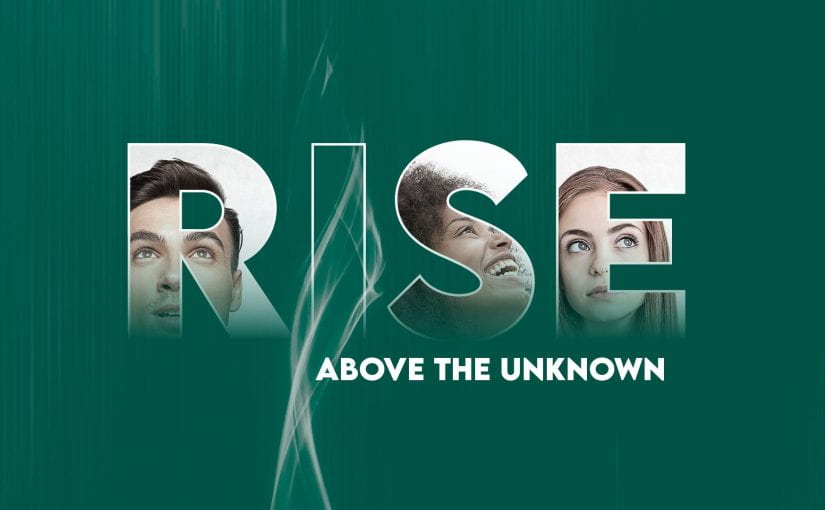The UW-Green Bay Chancellor’s Office emailed the following from Chancellor Michael Alexander to the UW-Green Bay Faculty and Staff on Friday, July 24, 2020.
Dear UW-Green Bay Faculty and Staff,
In advance of our next Coffee Break on Monday, I would like to update you on three things.
- You may have read the news that Governor Evers has announced a $250 million state budget lapse or one-time cut for this fiscal year. We do not know the exact amount that the UW System will be expected to contribute to this total, but it is encouraging to see that this is a lapse and not a permanent budget cut at this time. In addition, we have more time to deal with this cut than we did with the lapse in the spring, which only gave us a few months for which to find the money. The latest cut will give us 11 months to absorb the impact. We are not through the woods yet, but we are in a good position to be able to manage this lapse. Once details emerge on UW-Green Bay’s portion of the lapse, we will work with area and division leaders to minimize its impact as much as we can.
- The Health, Safety, and Risk Group of the Re-Opening Taskforce will release a document to area and division leaders today that describes in great detail our plans for the fall. Each area will need to respond by August 1 to the guidelines that we have set forth based on recently released UW System Guidelines, Brown County Health, Prevea Health, the American College Health Association, and Johns Hopkins University guidance to make sure each area of the University can open safely and responsibly. After August 1, University and specific area plans will be shared with all faculty, staff, and students leading up to the start of the semester. Additionally, we have created an Office of COVID Response, which will fully mobilize our communication and response efforts to the pandemic leading into the fall. More to come on this in the weeks ahead.
- In order to be fully transparent, I want to update you on our approach for administrative support for the Cabinet moving forward. Paula Marcec, Executive Assistant to the Chancellor, has announced her plans to retire after 17 years at UW-Green Bay in September of 2021. Paula’s departure is one we must prepare for due to her immense institutional knowledge and tremendous service to the institution. We have two other administrative positions that are currently vacant. One of these positions will not be replaced. In her final year, Paula will transition from her current position to one that now serves the administrative needs of the entire Cabinet. Ben Joniaux, Chief of Staff, will transition to a new job description completely focused on external and government affairs for the University. This will provide much needed support to our Advancement and Communications offices as well as all of our community engagement efforts across the campus. He will also now serve the entire Cabinet and not just the Chancellor’s Office. We will search for a new Cabinet Liaison for Internal Affairs in the coming weeks with the remaining open position. This new position will work specifically on project management and support of our academic staff to move forward the countless efforts happening across campus to improve our University. The position will primarily work in support of the Office of the Provost, Business and Finance, and Student Affairs to further align our efforts for student success. These changes will create financial savings, ensure we continue to put all of our efforts behind realizing our mission, and remove individual support for the Cabinet, including myself. We must all work together to realize our goals and removing the hierarchical way we often organize our staff is a goal I would like us to push towards.
Kate, Sheryl, and I look forward to talking with everyone on Monday morning. Have a nice weekend.
Best,
Michael Alexander
Chancellor

